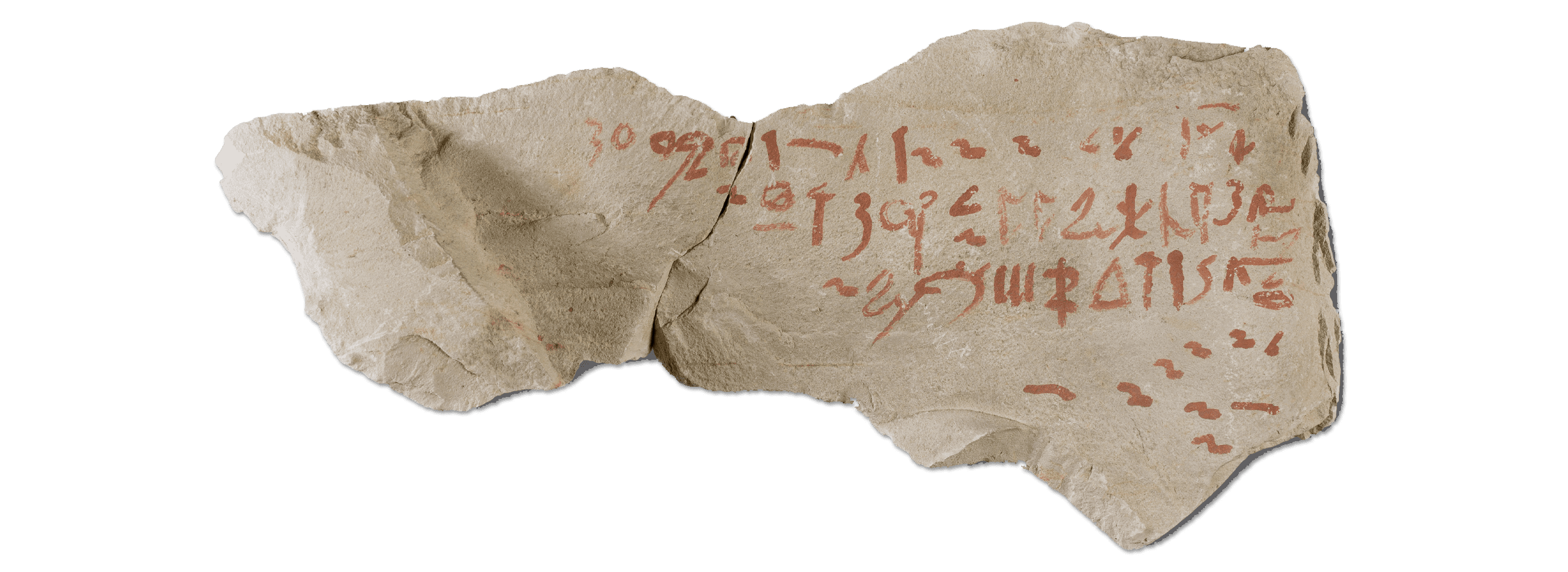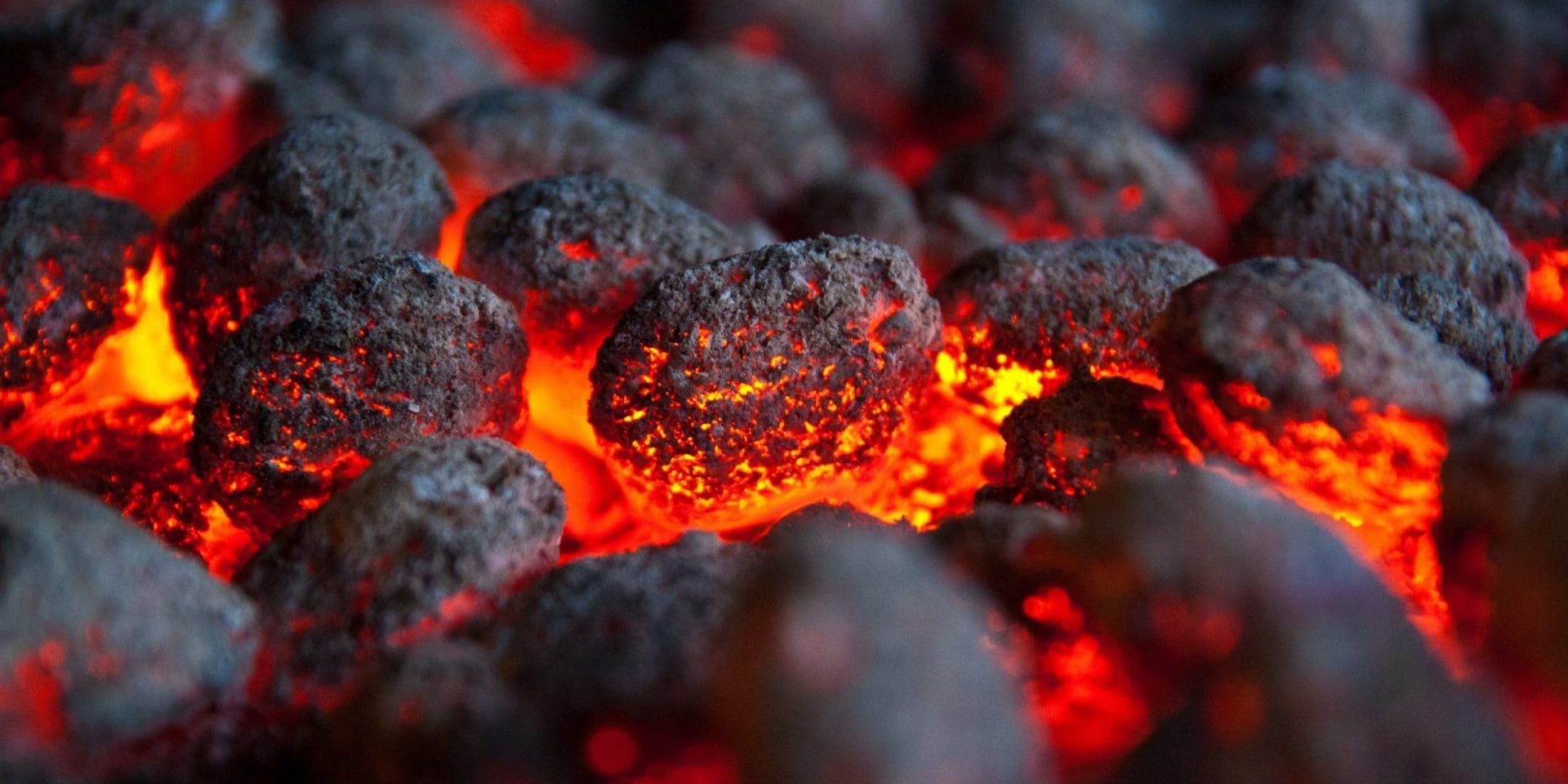Although a human’s natural tendency is to love his friends and hate his enemies, Solomon, in Proverbs 25:21-22, goes against the grain by suggesting to his readers that “If your enemy is hungry, give him bread to eat, and if he is thirsty, give him water to drink, for you will heap burning coals on his head, and the Lord will reward you.” The Apostle Paul, who directly quoted this Proverb in Romans 12:20, also admonishes his readers to do likewise and the Messiah, Jesus, so too stressed this principle in Matthew 5:44.[1]
Interestingly, certain extra-biblical wisdom literature also admonishes such behaviour. For instance, an ancient Egyptian work known as the Instruction of Amenemope “advises the wise person to shame fools or their enemies by pulling them out of deep water and by feeding them one’s bread until they are so full that they are ashamed. Similarly, the ‘Precepts and Admonitions’ in Babylonian wisdom literature states that the wise man should not ‘return evil to the man who disputes with you’ and should, in fact, ‘smile on your adversary.’”[2]

Instruction of Amenemope from Egypt c.525–404 BC
While this is almost certainly the direction in which this Proverb is going, Solomon’s metaphor of heaping burning coals on the head remains obscure. One possibility is that it is a reference to a particular Assyrian punishment in which hot asphalt was poured on the offender’s head.[3] The problem with this is that Proverbs 25 refers to coals not hot tar. In fact, this Assyrian practice sounds a lot more like the punishment of tarring (and feathering) that we read about in more recent historical accounts. A second, and more likely possibility, is that Solomon was referring to an Egyptian ritual “in which a guilty person, as a sign of repentance, carried a basin of glowing coals on the head.[[4]] In other words, by being kind to your enemy, you cause them to become red in the face (i.e., embarrassed or humiliated) and move them to repent.”[5] But it is important understand that in this context, “Coals of fire does not refer to revenge or punishment[6] but to the pangs of shame that will lead to reconciliation.”[7] Indeed, “The imagery of the ‘burning coals’ represents pangs of conscience, more readily effected by kindness than by violence.”[8]
The wise and Godly advice of Solomon, Paul, and Jesus is very clear: we must love our enemies and return evil with good in hopes that our adversary will be moved to repentance. But even if they aren’t, Solomon promises in Proverbs 25:22 that the Lord will surely reward you. Therefore, contrary to our sinful instincts, we must love our enemies and overcome evil with good, no matter what.

Ryan Hembree is a daily co-host, speaker, and writer of Bible Discovery. He also hosts a YouTube channel that shows the unity of the Bible and how science and Scripture fit together. Ryan also has an honorary Masters of Ministry in Creation Science from Phoenix University of Theology.
[1] NIV Quest Study Bible, Note on Proverbs 25:21–22.
[2] NIV Cultural Backgrounds Study Bible, Note on Proverbs 25:22.
[3] Ibid.
[4] It should be noted, however, that this custom was mentioned in a document dated to the third century BC—some 700 years after Solomon. This doesn’t necessarily mean that this ritual wasn’t practiced during Solomon’s lifetime, only that we have no proof of it before the third century.
[5] NIV Biblical Theology Study Bible, Note on Proverbs 25:22.
[6] Such as it does in various other portions of Scripture.
[7] King James Study Bible Notes, Note on Proverbs 25:22.
[8] Expositor’s Bible Commentary (Abridged Edition): Old Testament, Kindness to enemies, Proverbs 25:21-22.






